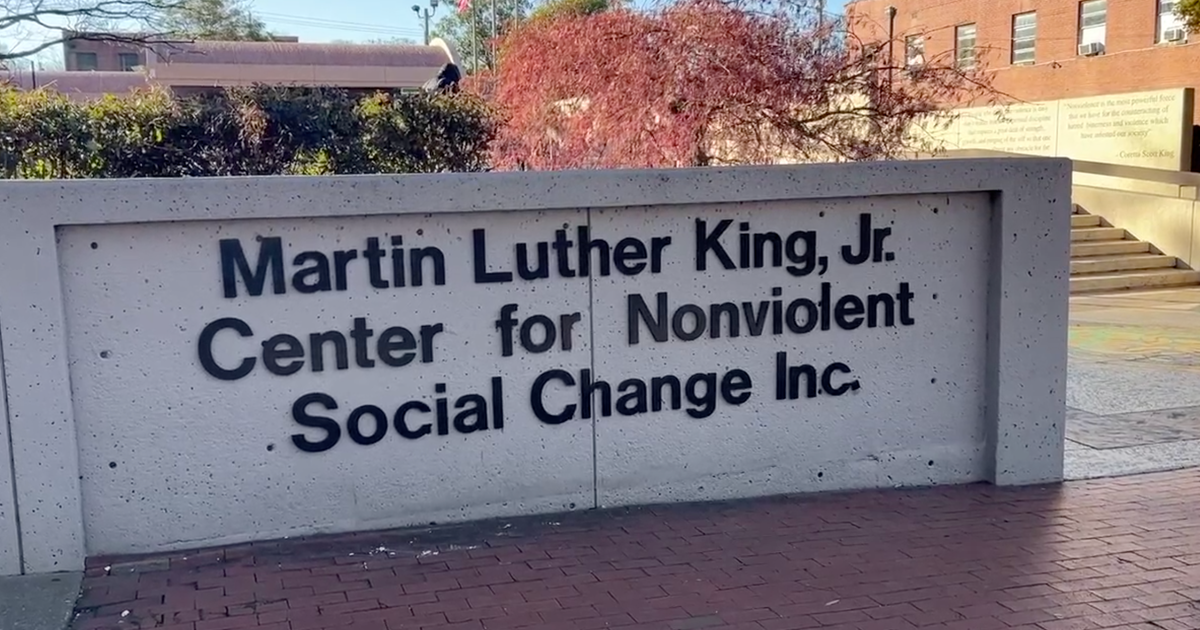Congress demands investigation into sexual assault of military kids
Congress reacted Thursday to an Associated Press investigation into sexual assault among children on U.S. military bases by demanding the Defense and Justice departments explain how they will solve the problem.
The House of Representatives Armed Services Committee, meanwhile, said it had begun its own examination of the issue. And a top Democrat on the committee said she would call a hearing within six months.
Four senators, including the veteran head of the Senate Armed Services Committee and two others who've made sexual assault a keynote issue, sent letters to the Pentagon and Justice Department with questions about sex assault among the military's children.
AP's investigation revealed that reports of sexual violence among kids on U.S. military bases at home and abroad often die on the desks of prosecutors, even when an attacker confesses. Other cases are shelved by criminal investigators despite requirements they be pursued. Many cases get lost in a dead zone of justice, AP found, with neither victim nor offender receiving help.
"The report reveals an inscrutable system that fails these children at every level," wrote Sen. Patty Murray, a Washington Democrat.
In a letter to U.S. Defense Secretary James Mattis, Sen. John McCain of Arizona and Sen. Jack Reed of Rhode Island, leaders of the Senate Armed Services Committee, asked that the Pentagon's inspector general begin a "comprehensive assessment" of department policies related to sexual assault among military children in schools and elsewhere on base.
"It disturbs us to learn that the department's policies and procedures may prevent efforts to help child victims of misconduct ... and to rehabilitate and hold child offenders accountable," they wrote.
Separately, Sen. Kirsten Gillibrand, a New York Democrat, wrote the Justice Department's inspector general requesting a "comprehensive investigation" into how many child sex assault cases have been prosecuted and why the majority have been declined.
Inspector general offices are independent entities within federal departments charged with investigating potential problems within agencies. They do not have to accept requests for action from Capitol Hill.
A Pentagon spokesman would not comment on the day's developments. "Alleged conversations between Secretary Mattis and other officials are private and will remain as such," Maj. Dave Eastburn said in an email.
The Pentagon and Justice Department's inspectors general also did not comment, nor did a spokesman for the Justice Department.
Rep. Jackie Speier, a California Democrat, called AP's finding of nearly 600 reports of sexual assault among children on bases since 2007 "a national disgrace and a military scandal."
The top Democrat on a House Armed Services subcommittee that deals with military personnel said she was demanding information from the Pentagon in anticipation of holding a public hearing within six months.
"You cannot have an environment in which children aren't protected, regardless of whether they're on a base or in a public school classroom. So we've got to change the law," Speier said in an interview.
A spokesman for Republicans on the House Armed Services Committee said staff had already begun "an independent examination of cooperation between" the departments of Defense and Justice and how they handle military child-on-child sexual assault. Issues they would examine include support for victims and the Pentagon's data.
Records the military initially released omitted a third of the cases AP later identified through interviews with prosecutors, military investigators, family members and whistleblowers as well as data that officials later provided.
"This is clearly a serious matter," spokesman Claude Chafin said of AP's findings.
The tens of thousands of kids who live on U.S. bases are not covered by military law. The Justice Department, which handles civilian crimes on many bases, isn't equipped or inclined to take on juvenile cases, AP found.
This legal and bureaucratic netherworld also extends to the Pentagon's worldwide network of schools, which afford students fewer protections than public schools if they are sexually attacked by a classmate on campus. The federal law that offers help to victims of student-on-student sexual assault, known as Title IX, does not apply to federal education programs, such as those run by the military.
In a separate letter to Mattis on Thursday, Murray, the top Democrat on the Senate education committee, demanded answers by early April to a long list of questions about how the Department of Defense Education Activity handles assaults on its campuses.
The military school system that educates some 71,000 children has no specific policy to respond to student-on-student sexual violence and doesn't accurately track the incidents, AP found. More than 150 cases weren't disclosed by schools in reports that are meant to alert headquarters to serious incidents.
"As a mother and grandmother, I cannot tolerate the thought that our military children are not receiving the protection and support they deserve," Murray wrote. "I trust you share my outrage."
Responding to AP's findings prior to publication, the Pentagon said it "takes seriously any incident impacting the well-being of our service members and their families" and promised "appropriate actions" to help juveniles involved in sex assaults.
The Office of the Secretary of Defense also told AP it considered child-on-child sexual assault to be "an emerging issue" — a characterization that prompted an angry response from Murray.
"What is 'emerging' about 600 sexual assault cases in 10 years?" Murray said in her letter to Mattis, who was traveling back from the Middle East on Thursday. "We owe our military families — the children of the personnel who are fighting our wars — safety and support."





